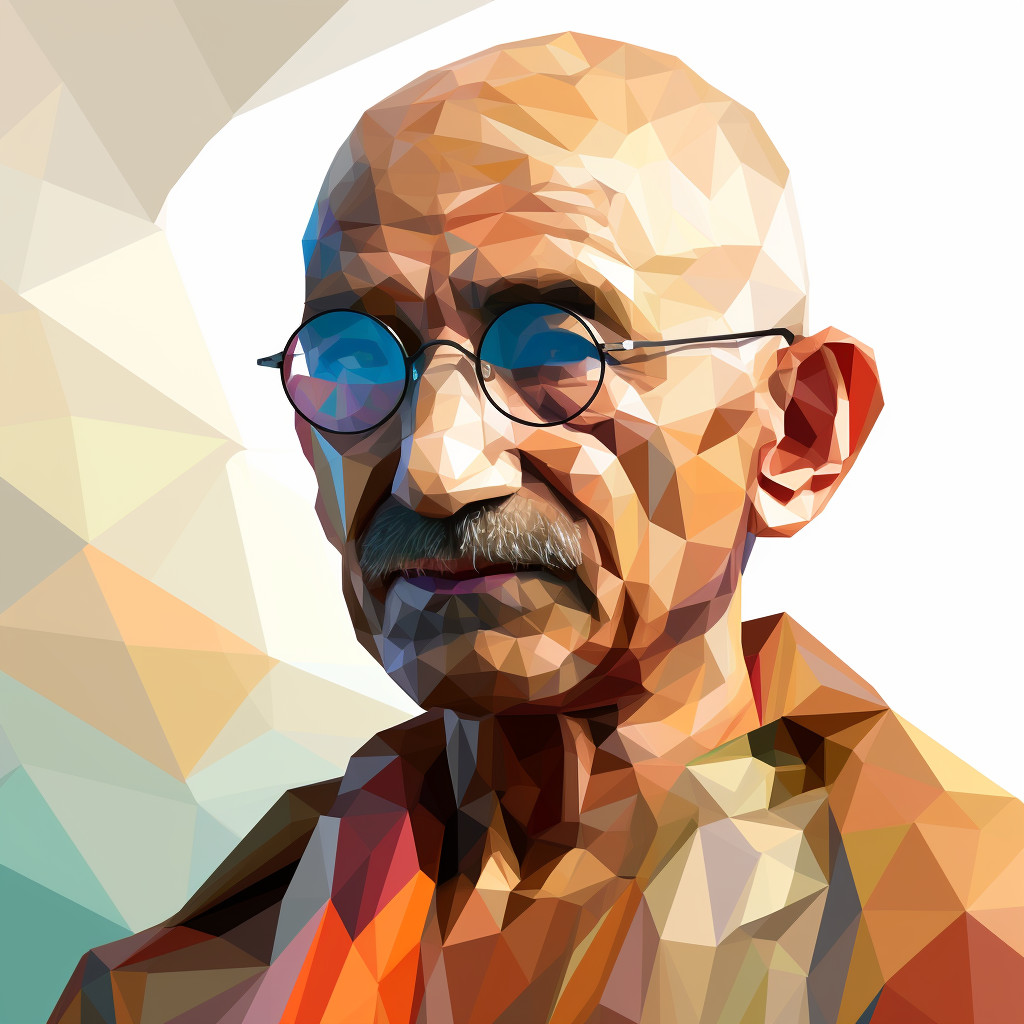“An eye for an eye only ends up making the whole world blind” is a profound statement that speaks to the futility and destructive nature of revenge. It is a call for forgiveness and peaceful resolution, rather than retaliation. The phrase “an eye for an eye” is an ancient principle that suggests a person who has been harmed should be able to enact equal harm on the person who hurt them. However, Gandhi challenges this principle by suggesting that if everyone followed this rule, the world would be filled with people who are blind, both metaphorically and literally.
The blindness in this context represents the loss of understanding, compassion, and humanity that comes with revenge. It suggests that when people focus on hurting each other in response to personal harm, they lose sight of what’s truly important – empathy, love, and forgiveness. They become blind to the potential for reconciliation and growth, leading to a cycle of harm that only results in more pain and suffering.
Applying this to today’s world, one can see the relevance in various contexts such as politics, social justice, and personal relationships. In politics, for instance, if nations constantly retaliate against each other for perceived wrongs, it only leads to a cycle of violence and destruction, rather than understanding and peace. In social justice, if people respond to hate with more hate, it only perpetuates division and animosity, rather than fostering understanding and unity.
In personal development, this quote can be a reminder to choose forgiveness over revenge. When someone hurts us, our instinct might be to hurt them back. But doing so only perpetuates a cycle of pain. Instead, choosing to forgive can break that cycle. It allows for personal growth, as it takes strength and maturity to forgive. It also opens the path for healing and reconciliation, which can lead to stronger relationships.
In conclusion, Gandhi’s quote is a timeless reminder of the destructive nature of revenge and the power of forgiveness. It suggests that the path to a better world and personal growth lies not in retaliation, but in understanding, compassion, and forgiveness.





